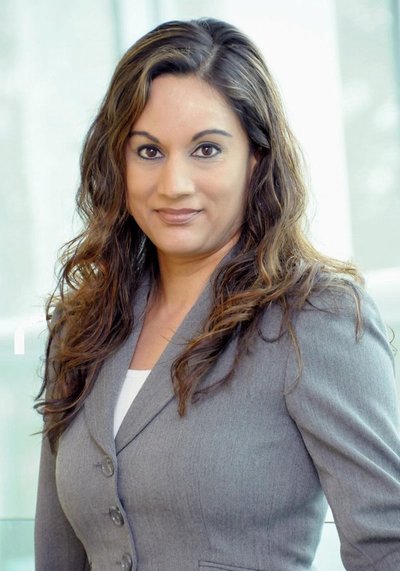February 18, 2010
Institute tackles legal obstacles to providing aid in humanitarian crises, hires new director
When a humanitarian crisis arises, it seems to be part of human nature to want to help. As illustrated most recently in Haiti, nongovernment organizations, world leaders, private foundations and nonprofits rush to provide as much assistance as possible. However, delivering aid in the wake of a catastrophe is a challenge. Not only are there the logistics of delivering aid to consider, but there are legal obstacles that emerge.
Take the HIV/AIDS crisis in Africa. When antiviral drugs were developed by private pharmaceutical companies, health agencies around the globe wanted to provide a generic version of those drugs to communities in Africa. But that prospect came to a screeching halt when reality set in and the corporations who contributed the hours of research and development for the antiviral drugs wanted to protect their patents and investments. Suddenly, what seemed so simple became a complex collection of national and international policies, corporate and comparative laws, and a legal obstacle to delivering drugs to the communities.
These types of legal obstacles are what the newly-founded Barer Institute for Law and Global Human Services, housed at the UW School of Law, hopes to navigate. Created by a private donation by UW Regent and law school alumnus Stan Barer and his wife, Alta, the vision of the institute is to create legal frameworks to advance humanitarian efforts. In other words, bring in the lawyers to sort through the various complex laws that create roadblocks to providing help for emerging democracies and developing nations.
“We want the Barer Institute to be about how the law can help in the areas of global health, education and poverty,” said Manisha Singh who was recently hired as the Institute’s director. “Rather, we want the Institute to propose real world solutions to humanitarian issues.”
And the UW is a good home for the Barer Institute, said Singh.
“The Northwest has a global reputation for being a leader in technology, health care, and corporate responsibility,” she said. “Add to that the wealth of resources at the UW, such as global health, medicine, law and business and this is the perfect place to shape needed policies to assist developing nations.”
Singh brings to the UW a wealth of experience from many years in the other Washington. Most recently, her career was focused on global economic growth and development, including providing increased access to medicine and healthcare in the developing world. Before joining the UW, she was deputy assistant secretary of state in the Bureau of Economic, Energy and Business with the U.S. State Department, where she worked on issues such as economic development.
Prior to the State Department, Singh worked as deputy chief counsel for U.S. Senator Richard Lugar and as counsel to U.S. House of Representatives Committee on Energy and Commerce. Before working on policy issues, Singh spent several years as a practicing attorney at top DC firms specializing in corporate law.
Her diverse background, said Singh, gives her a unique perspective as to how make the ambitious vision of the Barer Institute a reality.
“I can use my experience as a corporate lawyer and what I learned on Capitol Hill to help the Barer Institute forge a link between those who need assistance and those who can provide it,” she said.

